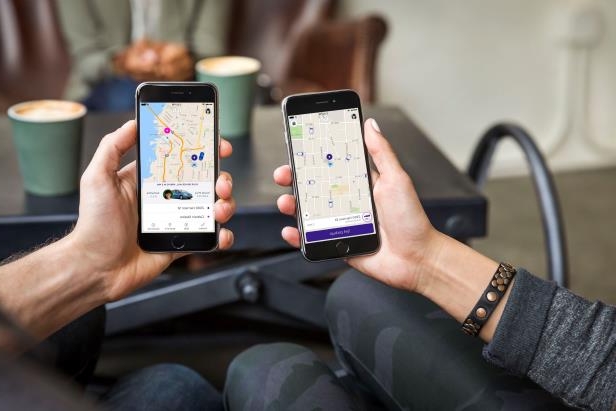By: Alexa D’Angelo
In September 2017, the FBI began their investigation into Uber’s competitive intelligence software program called “Hell.” The FBI’s New York office and the Manhattan U.S. Attorney’s office initiated their probe into whether this software allowed Uber to illegally access and obtain unauthorized data of their competitor Lyft. A key issue they will have to address is whether this is considered an illegal interference with a competitor.
Earlier in the year, it was reported that Uber had been using this program for about two years, from 2014 to 2016. The program collected a variety of data by creating fake Lyft rider profiles. “Hell” allowed Uber to see where Lyft drivers were located, what their service rates were, and how many drivers were nearby. Uber was also able to determine which drivers were “dual-apping” and monitored their phones and the number of rides they provided. Uber used this information to try to persuade drivers to only drive for them and not Lyft by offering financial incentives.
As a result of these actions, Uber will not only have to deal with possible penalties from the FBI and the U.S. Attorney’s office, but they also have a class action suit filed against them by former Lyft drivers in California. On April 23, 2017, a class action suit was filed in the Northern District of California. The complaint alleges violation of the Electronic Communications Privacy Act (18 U.S.C. § 2511), violation of the California Invasion of Privacy Act (Penal Code § 630 et seq.), violation of California Unfair Competition Law (Cal. Bus. & Prof. Code § 17200 et seq.) and Invasion of Privacy. On June 19, 2017, Uber filed a Motion to Dismiss the Complaint. Uber argued that the plaintiffs did not make a proper case for “interception” of information because this type of data is “readily accessible to the general public.” Uber also stated that they were not in violation of the Privacy Act because Lyft drivers provided consent to show their locations when they operate the app. Lastly, Uber argued that the plaintiff did not properly show any loss to justify an unfair competition claim. It does appear that Judge Corley may agree with the fact that the plaintiffs did not properly allege their cause of action since on August 31, 2017, she granted Uber’s Motion to Dismiss but with a leave to amend the complaint. This will allow the plaintiffs to get another chance to state their cause of action properly. Judge Corley recently granted an extension for their deadline to file the amended complaint until September 29, 2017.
The outcome of both the FBI investigation and the class action lawsuit will help provide a better understanding as to what would be considered going too far when it comes to gaining a competitive advantage through the use of technology. Though until the investigation and litigation conclude, we will just have to wait and see if this software program met Uber’s needs by allowing them to gain a competitive advantage on Lyft or whether they just have “Hell” to pay for crossing the line between lawful and unlawful computer access for business practices.
Student Bio– Alexa D’Angelo is a 2L at Suffolk University Law School. She is currently a staff member of The Journal of High Technology Law. Alexa holds a Bachelors of Business Administration from The George Washington University.
Disclaimer: The views expressed in this blog are the views of the author alone and do not represent the views of JHTL or Suffolk University Law School.

